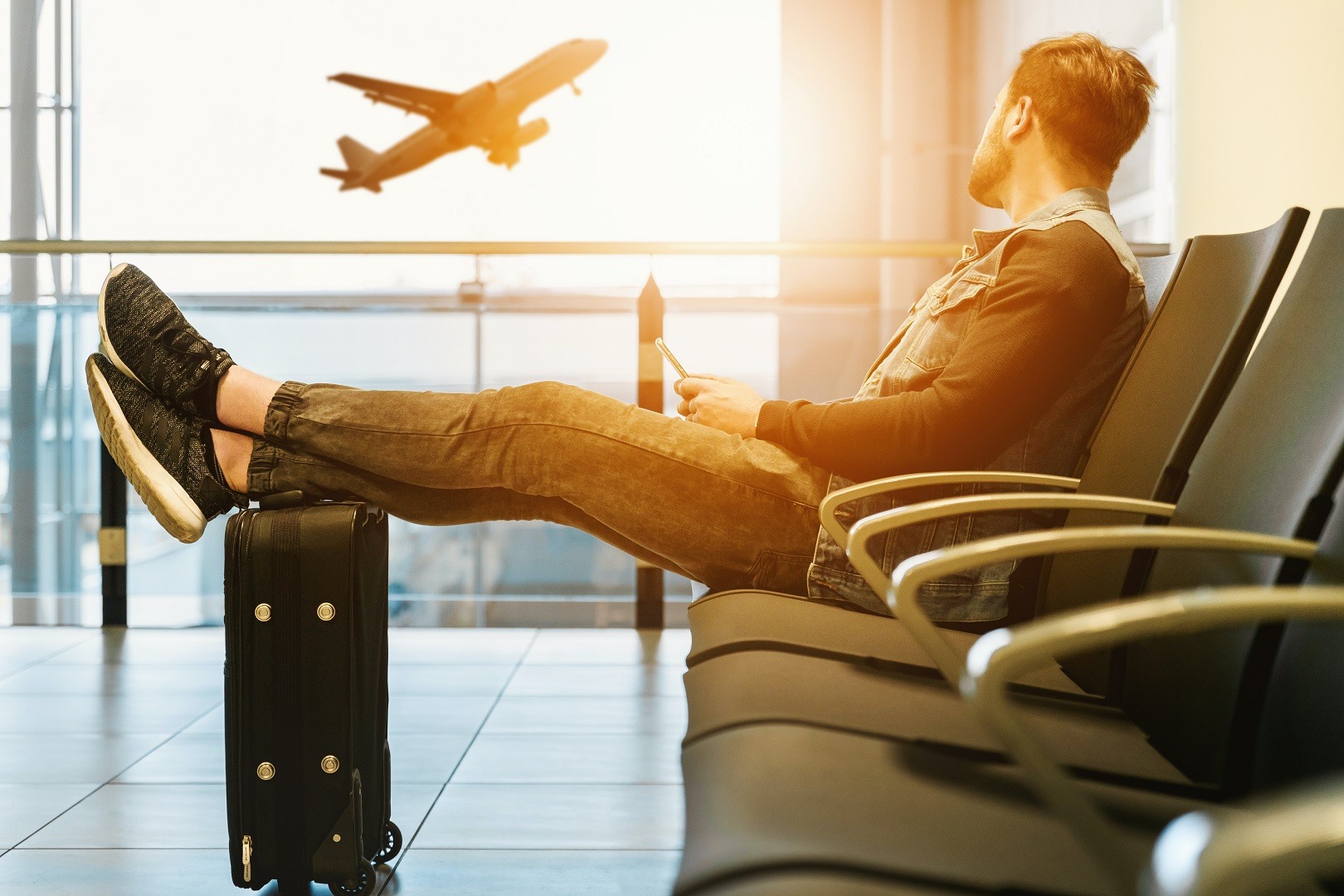
Eye emergencies can be frightening, especially when we are away from home. Suffering an accident or injury while on vacation can cut our plans short or, even worse, some conditions can lead to permanent vision loss if not treated properly. Therefore, we offer you some eye tips for traveling without putting your eye health at risk.
1. Always carry a spare pair of glasses
If you wear glasses, it is recommended that you always pack a spare pair in your suitcase. You may lose them, drop them, break them or even have them stolen. That will make you lose at least one day looking for an optometrist who can check your eyesight and make you new ones urgently, which is not always possible. Likewise, if you wear contact lenses, don’t forget to always carry an extra pair of contact lenses in addition to your prescription glasses.
2. Don’t wait to go to the ophthalmologist when you are on a trip
Although it may be tempting not to interrupt your vacation and wait until you get home to visit your trusted specialist, it is advisable not to postpone the visit if an eye problem arises. What has happened to you may have an easy solution and if you wait, the problem may become more complicated. Therefore, it is advisable to visit a local specialist who can rule out further damage and offer immediate treatment. The American Academy of Ophthalmology has a search engine with a list of all members internationally that can be helpful when looking for an ophthalmologist away from home.
3. Be prepared for dry eyes on the plane
If you are traveling by plane, keep in mind that your eyes tend to dry out during the flight. Therefore, it is recommended that you remove your contact lenses or carry lubricating drops to keep your eyes moisturized, especially if you are going to sleep for several hours.
4. Do not use water to clean contact lenses
Always carry your contact lens case and two bottles of liquid in your carry-on luggage. That way, if one opens and spills, you’ll have an emergency one. If your eyes are bothering you, remove your contact lenses and place them in their case with sterile solution. Never store contact lenses in water. Water is not sterile and in some countries may even contain bacteria that can cause serious eye infections.
5. Carry extra eye medication
If you use eye drops that require a prescription, be sure to bring extra bottles. Keep in mind that a prescription made in Spain may not be useful abroad or that the same drops you use here may not be available in another country. If you need eye drops for allergies, glaucoma or dry eye, be sure to carry them with you at all times and put an extra bottle in your suitcase.
6. Don’t ignore vision changes, even on vacation.
Just because it is not painful does not mean it is not serious. So, if you experience unusual symptoms such as floaters, flashes or blurred vision, it is recommended that you don’t wait and see a local specialist. Changes in vision may also indicate other health problems. Blurred vision, for example, may be a sign of a hypertensive crisis, a stroke or uncontrolled diabetes.
7. Enjoy your holidays!
Pack your bags with these tips in mind and enjoy your vacation safely and healthily.
Contact us or request an appointment with our medical team.